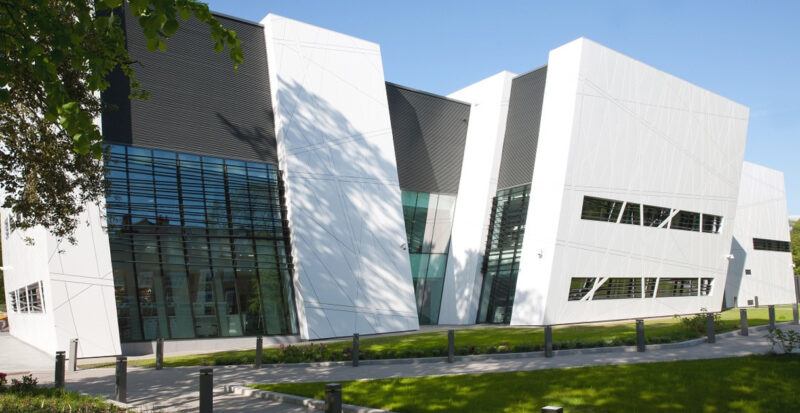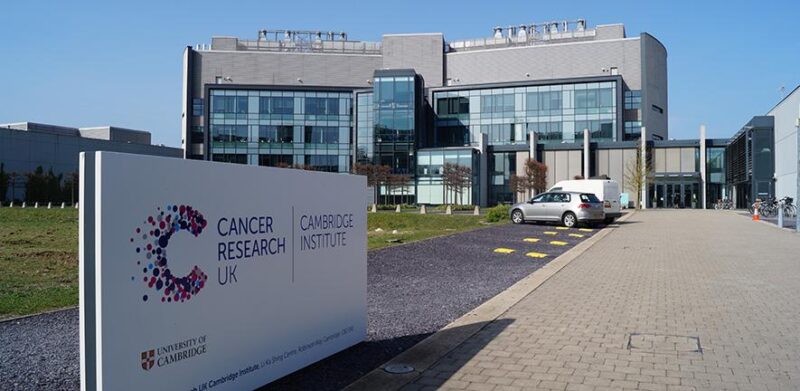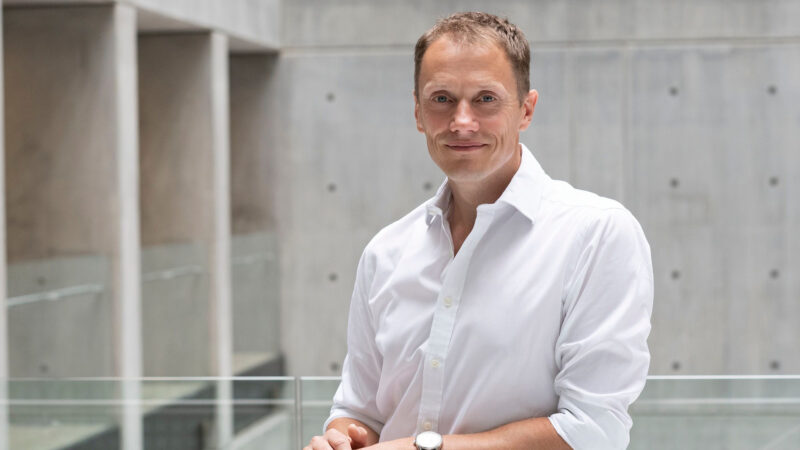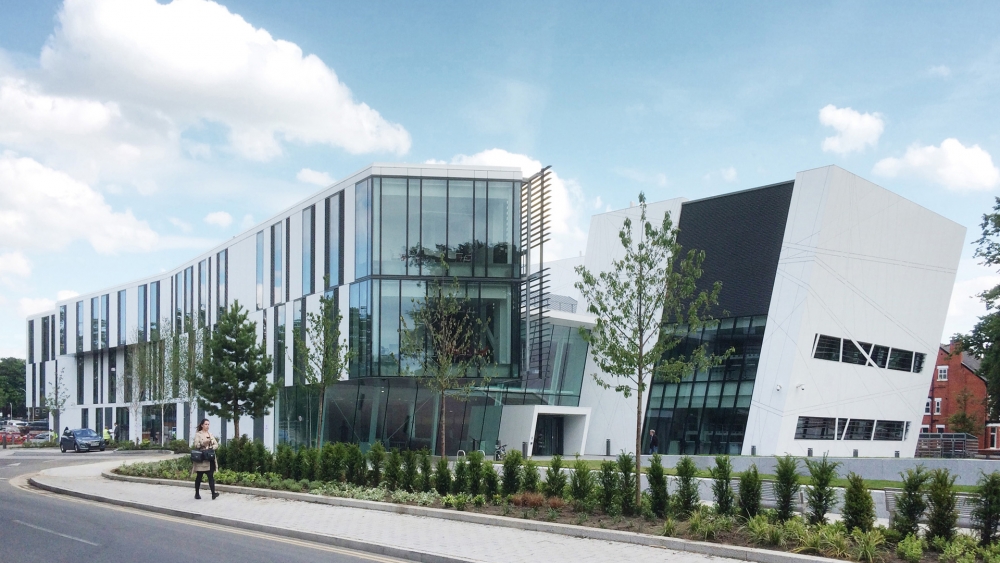CRUK RadNet Manchester has been awarded £5.9m from Cancer Research UK (CRUK) to advance radiotherapy in the UK.

Over the next five years, the funding will support work at the University of Manchester in partnership with The Christie, focusing on developing new radiotherapy technologies and techniques that could improve cancer treatments.
One of the most exciting areas of research is the use of virtual clinical trials. These computer-based simulations allow researchers to test different treatments and predict how they might work. They will use data from real patients without the need for actual clinical trials.
By modelling patient responses to various therapies, virtual trials can speed up the research process and help develop more effective treatments faster.
This investment is part of the second phase of Cancer Research UK’s RadNet programme, which has selected Manchester as one of just seven centres of excellence across the UK.

The goal of the RadNet programme is to accelerate progress in radiotherapy research, with one key project focusing on comparing proton beam therapy to standard photon-based radiotherapy for lung cancer treatment.
Proton beam therapy is an emerging form of radiotherapy that may offer advantages over traditional methods, particularly in treating certain types of cancer.
Cancer Research UK and The Christie have been at the forefront of radiotherapy research for decades, with the organisations playing a pivotal role in the development of radiation therapy as a cancer treatment since the 1920s.
Cancer remains the leading cause of death in the UK, with around 44,100 people diagnosed with cancer in the North West alone each year.
However, survival rates have improved significantly in recent decades. In the 1970s, just one in four people diagnosed with cancer survived for ten years or more. Today, that figure has risen to two in four, largely thanks to advances in treatments like radiotherapy.
Dr. Iain Foulkes, Executive Director of Research and Innovation at Cancer Research UK, highlighted the importance of the new funding, saying,
“This funding marks a new phase in our RadNet programme, advancing research that will make radiotherapy treatments kinder, more precise, and ultimately more effective for cancer patients.”

He stressed that this investment, alongside ongoing clinical trials, will ensure that more people can live longer, healthier lives after a cancer diagnosis.
Martin Storey, a 70-year-old lung cancer survivor from Wythenshawe, understands the value of such research firsthand.
Diagnosed with lung cancer in 2009, Martin underwent intensive radiotherapy and chemotherapy as part of a clinical trial. Fifteen years in remission, Martin is grateful for the advances in radiotherapy that helped save his life.
Reflecting on his experience, he said, “I feel blessed every day. Not everyone survives lung cancer, and I was one of the lucky ones to be part of a trial. If virtual trials can help improve treatments, more people will survive their cancer, just like I did.”
The £5.9 million funding is a crucial step forward in the ongoing effort to improve cancer treatments and save more lives. With continued research and innovation, scientists hope to make radiotherapy even more effective and accessible, offering greater hope for cancer patients in the years to come.
For more posts like this, visit oncodaily.com


